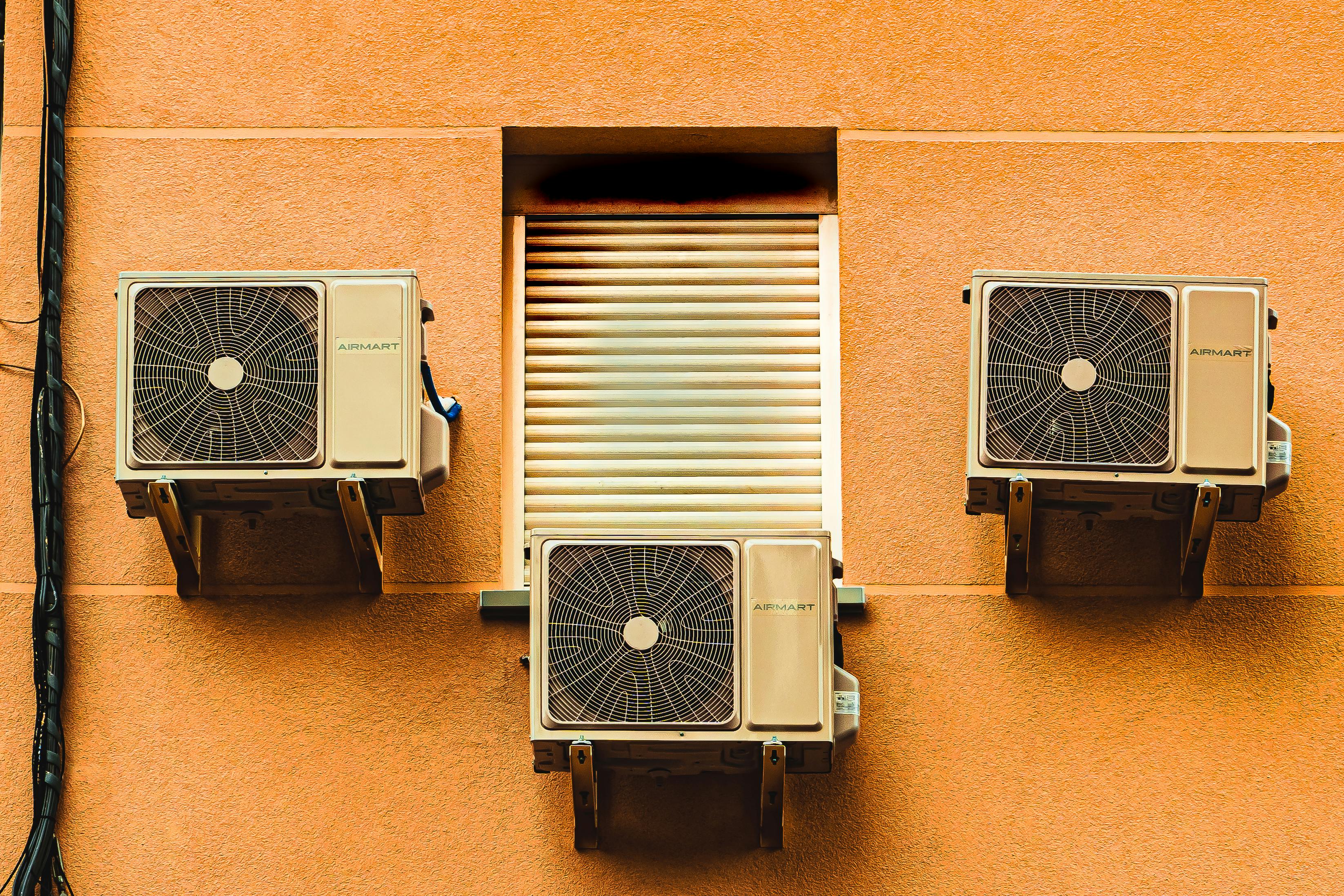
Visit Our Homepage | Book Online | Learn More About Us
As environmental concerns grow, homeowners are seeking ways to reduce their carbon footprint and save on energy costs. One of the most impactful changes is transitioning to renewable energy-powered HVAC systems. Solar-powered air conditioning, geothermal heat pumps, and other eco-friendly technologies are transforming the HVAC industry and making homes more energy-efficient. In this article, we’ll explore how these systems work, their benefits, and whether they’re a worthwhile investment for your home.
What Are Renewable Energy-Powered HVAC Systems?
Solar-powered HVAC systems use energy from the sun to operate heating and cooling equipment. Solar panels convert sunlight into electricity, which can then be used to power air conditioning units, fans, and even heat pumps.
Geothermal heat pumps are another innovative solution. These systems tap into the earth’s constant underground temperature, using it to either heat or cool your home depending on the season. While geothermal systems require more upfront investment, their efficiency and long-term savings make them an attractive option for eco-conscious homeowners.
The Benefits of Renewable Energy HVAC Systems
The primary benefits of renewable energy-powered HVAC systems are environmental and financial:
- Reduced Energy Consumption: Traditional HVAC systems rely on electricity or gas, both of which come with high energy demands. Renewable systems, on the other hand, either partially or completely offset this consumption.
- Lower Utility Bills: Solar-powered systems allow homeowners to generate their own electricity, leading to significantly reduced energy costs. Geothermal heat pumps operate efficiently, lowering monthly heating and cooling expenses.
- Environmental Impact: By using renewable energy, you’ll significantly reduce your home’s carbon footprint. This not only helps the environment but also ensures compliance with future energy regulations and standards.
Learn more about our installation services or book an appointment online to discuss your specific needs.
Installation and Costs
Transitioning to renewable energy-powered HVAC systems involves an initial investment. Solar panel installation, for example, can range from $10,000 to $30,000 depending on the size of your home and energy needs. Geothermal systems can be even more expensive due to the excavation required to install underground pipes.
However, many homeowners find the long-term savings make up for the upfront costs. Renewable energy tax incentives, local rebates, and energy savings over the years can drastically lower the overall cost.
Are Renewable Energy HVAC Systems Right for You?
While the benefits of renewable energy-powered HVAC systems are clear, they may not be suitable for every home. Factors to consider include your home’s location (for solar energy systems), initial costs, and the amount of energy you typically consume. A professional HVAC assessment can help determine whether renewable systems are a good fit for your property.
The Bottom Line
The future of HVAC is green. As renewable energy technologies continue to evolve, more homeowners are making the switch to solar-powered air conditioning and geothermal heat pumps. These systems offer impressive energy savings, lower utility bills, and a reduced carbon footprint. If you’re considering upgrading your HVAC system, now is the time to explore renewable energy options.
